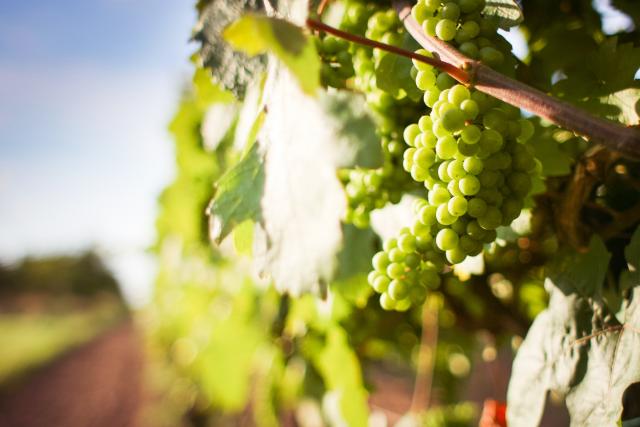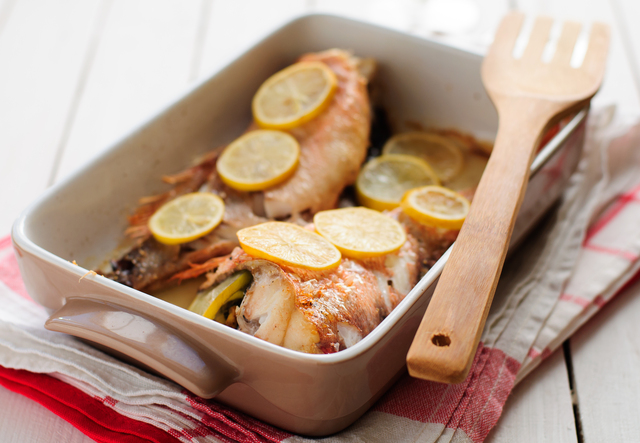Winemakers in the Macedon Ranges are worried sustained rainfall in the region could damage their vintages.
With budburst – or growing season – just around the corner, it’s imperative for viticulturalists to spray their vineyards to protect them from disease.
But Hesket Estate co-owner Elizabeth Hudspeth said because the ground is drenched from all the recent rain, they can’t get the spraying machines in, or prepare the soil with mulching.
“In December, we have the flowering and fruit set. If we can’t get these sprays on, we potentially get powdering mildew on our fruit set which will affect the vintage,” Ms Hudspeth said.
“If it keeps raining like this, we’re worried about it.”
The Macedon Ranges is Australia’s coolest mainland viticultural region and producing their signature wines requires grapes to stay on the vines for longer, making them more vulnerable.
“It’s going to be challenging for the region… we have a higher disease pressure because we’re [in a] cool climate, we have a longer hang time,” Ms Hudspeth said.
Australian Wine Research Institute senior viticulturist Marcel Essling said the wet weather favours disease.
“The one thing that tends to happen is the vines grow quite vigorously and you get a lot of leaf matter and a dense canopy,” Mr Essling said.
“You tend to get quite vigorous canopies, which don’t dry as quickly, which then again favours the disease… usually fungal diseases.”
Lancefield’s Lyons Will estate co-owner and winemaker Oliver Rapson said as soon as he saw blue in the sky, he got on the tractor to begin spraying – but he’s still worried.
“If you get a lot of fungus and you don’t control it, you could potentially lose the vast majority of your crop,” he said.
“It’s very much about prevention. Once it sets in, it’s ubiquitous. It spreads like wildfire.”
He said some of Macedon Ranges growers had navigated a tough couple of years with low yields and would be struggling financially, and any government support with purchasing sprays or installing more weather stations would be welcomed.
“As a rule of thumb, what you would use for disease control and sprays is quite expensive and we would be using a lot more than normal in years like this,” he said.







